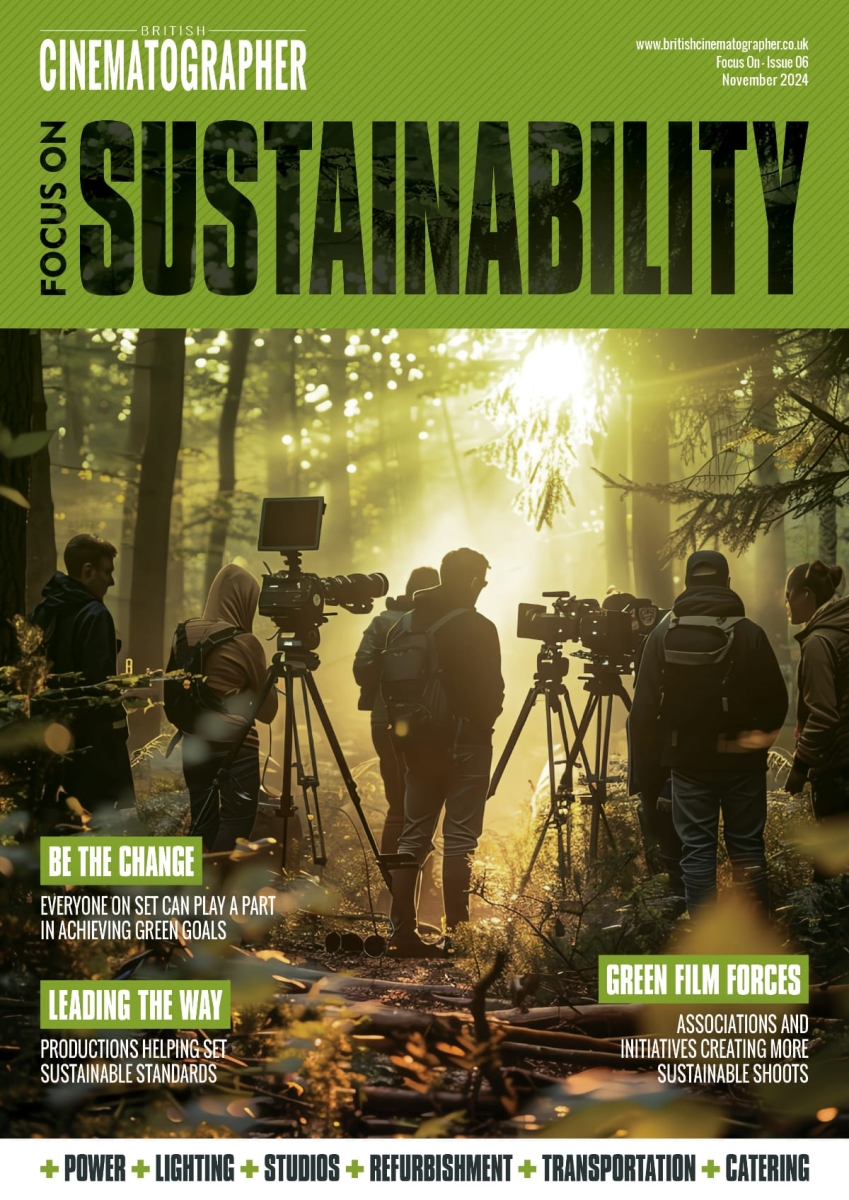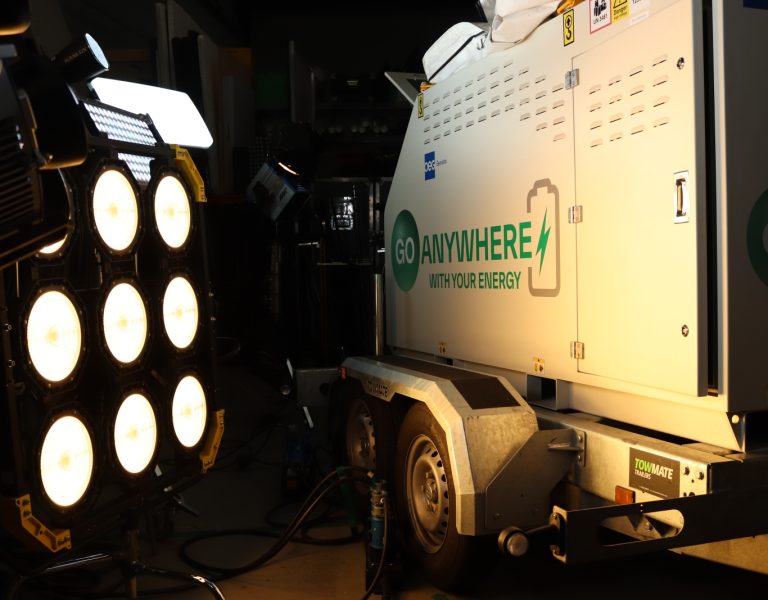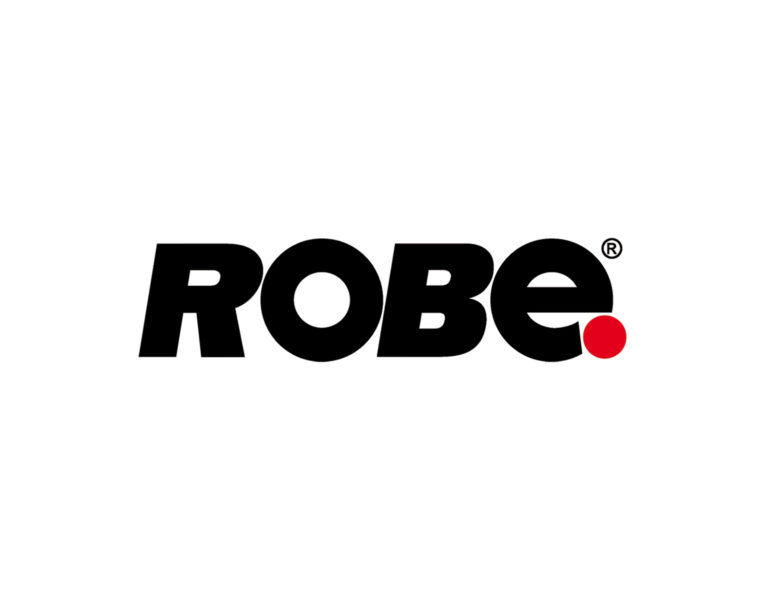albert releases annual review, data reveals that TV emissions stay low post-lockdown
Jun 15, 2022

albert has published data from its carbon calculator and certification toolkit, revealing that in 2021 the average hour of TV contributed 5.7tCO2e per hour.
This represents a 30% increase from 2020’s figure of 4.4t CO2e/hr- but remains significantly lower than 2019’s average figure of 9.2tCO2e.
albert’s 2020 Annual Review indicated that the 4.4t figure was likely an anomaly caused by lockdown and COVID-compliant working practices. Remote production techniques, an increase in archive material use and working from home all contributed to a reduction in carbon emissions in 2020.
Although it was expected that 2021’s figure would rise, the lower than expected average is an indication that sustainable practices are remaining in place, despite increased demands and pressures on the production community.
2021 was also a pivotal year for albert and the broadcast industry thanks to the Climate Content Pledge launched at COP26. The pledge was the first of its kind – with 12 broadcasters and streamers from the UK and Ireland promising to do more and better climate story-telling on screen across all genres.
Data from albert’s toolkit reveals that in 2021, 441 of the 1,259 productions which were awarded albert certification had featured positive environmental behaviours whilst 339 had made references to sustainable living on screen.
Carys Taylor, director of albert said: ‘The 2021 data represents the first year the albert carbon calculator has recorded an increase in carbon emissions – but it was expected to be higher. 2020 saw a major reduction, partly due to COVID-related changes, so we anticipated an increase but are pleased it is still significantly lower than where we were in 2019.
In a year where we’ve seen unprecedented demand in our industry, with added pressures of reduced workforce and some Covid restrictions still in place, we are delighted this industry is continuing to adapt and also turning its attention to making the right impact – on our screens!’
To further support the industry with its Climate Content Pledge commitments, albert is releasing an editorial engagement tool to help writers, producers and those working in development to consider new ways to bring climate storytelling into their programmes. The tool will be housed on the albert website and is due to be released imminently.
Travel
One of the largest part of any production’s footprint, regardless of genre is travel. albert’s latest annual review breaks this footprint area down further highlighting that road travel makes up the largest part of these emissions at 52%, followed by air travel (35%) then rail (7%), courier (3%) boat (2%) and freight (1%).
The data is further broken down for road travel by fuel type showing that petrol remains the most used fuel type at 77%. Hybrid and electric cars only make up 2% and <1% respectively.
Reducing travel on a project or considering alternative travel options can have a huge, positive impact on a production’s carbon footprint. Covid has acted as a catalyst for remote working, virtual meetings and use of local crews and many of these behaviours have remained which have helped to reduce the overall carbon footprint of a production, in contrast though Covid protocols have also required cast and crew to travel separately on shoots to remain safe.
As restrictions continue to ease it is hoped that productions can marry the best of both – reducing travel when possible or making use of remote filming options or cast and crew sharing transport when possible. As electric vehicles adoption becomes more viable and affordable, it is hoped that this will become the preferred hire option for production companies too.
albert’s annual review is now available to read in full here.























